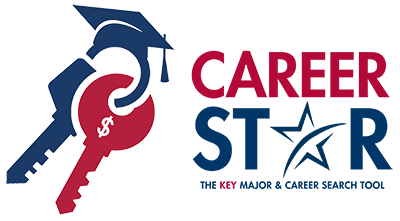Overview
-
CE Schedule
-
Non-Credit Certification Course
-
All applicants must be a Certified Pharmacy Technician or Pharmacist in order to participate in this program
-
View the latest Certification Details for this Program
-
Full program offered at
-
Students must apply for this program
Request Information
Program Pathway
"I love this school. They have given me a new outlook on my career and I would not change anything for the world."
STACEY B.

